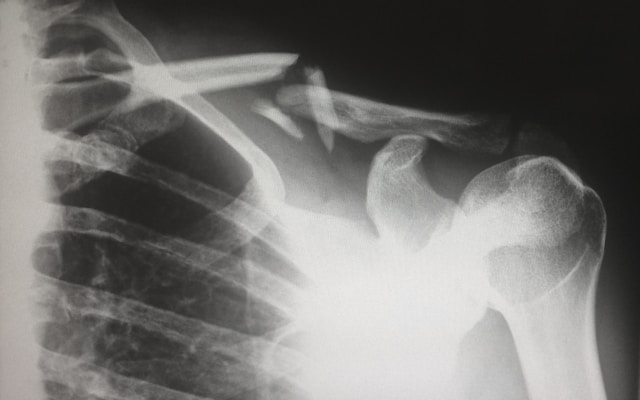
Understanding Personal Injury Laws: Your Guide to Legal Rights and Compensation
Every year, countless individuals find themselves embroiled in personal injury cases, often through little to no fault of their own. From slipping on a wet floor at a supermarket to being involved in a car accident, the scope of personal injury law is vast, encompassing any situation where a person suffers harm due to another’s negligence or intentional act. As a field that directly impacts one’s health, finances, and quality of life, understanding personal injury laws is essential for anyone seeking justice and fair compensation. This article aims to demystify these laws, providing the insight needed to navigate the complex world of personal injury claims.
What Does a Personal Injury Entail?
Personal injury law, often known as tort law, offers protection to people who have suffered harm to their body or mind or whose property has been harmed due to the carelessness or wrongdoing of another. Accidents involving motor vehicles, slip and fall occurrences, medical malpractice, product liability, workplace accidents, assaults and battery, and animal attacks are just a few of the events that can result in injuries. The basic premise is that if someone has acted unreasonably and caused harm, they could be legally held liable, and the injured party may be entitled to compensation.
Recognizing Negligence
The basis for most personal injury Tampa, FL, is negligence. It happens when someone does not exercise reasonable caution to prevent harm or loss to other people. Four things need to be demonstrated to prove negligence:
1. Duty of Care: The defendant had an obligation to act prudently to avoid causing injury to the plaintiff. 2. Breach of Duty: The defendant breached that duty through action or inaction.
3. Causation: The breach directly caused the injury. 4. Damages: The plaintiff suffered actual harm or loss. Suppose a driver goes through a red traffic light and crashes into another vehicle. In that case, they will most likely be considered negligent because they violated the law requiring drivers to follow traffic signals. It means that they are directly responsible for the accident.
The Role of Comparative and Contributory Negligence
Different jurisdictions handle shared fault differently. Comparative negligence reduces compensation based on the percentage of fault. Meanwhile, contributory negligence, practiced in a minority of places, may bar recovery entirely if the plaintiff is found to be even minimally responsible for their injury.
Seeking Compensation
Personal injury claims aim to restore the injured person to their financial position before the incident. The compensation awarded in a lawsuit may include medical bills, lost wages, property damage, pain and suffering, emotional distress, and loss of consortium. Loss of consortium pertains to the adverse effects on the plaintiff’s relationship with their spouse or family.
Limitation Period
It’s crucial to remember that personal injury lawsuits have deadlines known as statutes of limitations. These laws vary by state and type of harm; they dictate how long you must file a legal claim following an injury. Failing to act within this timeframe might mean forfeiting your right to seek compensation.
The Litigation Process
Navigating a personal injury lawsuit involves several steps. The first step is to schedule a consultation with an experienced personal injury attorney. Initial consultations are often free and can provide insight into the legal merits of your case.
The next step is the investigation. Your attorney will investigate the incident to build a strong case, gathering evidence such as accident reports, medical records, and witness statements.
The third step is filing a claim. Your attorney will file a legal claim against the responsible party or insurance company. In a personal injury case, there are two possible ways to resolve the dispute:
The first option is negotiation. Your attorney and the insurance company will work together to reach a fair settlement. If an agreement is reached, the case will be closed without going to trial.
The second option is litigation. If a settlement cannot be reached, the case will proceed to trial, where a judge or jury will decide the liability for injury and the compensation amount to be awarded. This process can be lengthy and expensive, but it may be necessary if a fair settlement cannot be reached through negotiation.
The Power of Legal Representation
Given the complexities involved in personal injury law, having skilled legal representation can substantially affect the outcome. Personal injury attorneys possess the knowledge and expertise to negotiate efficiently with insurance companies while considering the intricacies of the law. They are determined advocates who fight to ensure you’re awarded the compensation you deserve for your pain and hardship. If you or a loved one has been the victim of a personal injury, time is of the essence. Armed with a deeper understanding of personal injury laws, you’re now in a better position to take the crucial steps toward safeguarding your rights and setting the stage for a successful resolution to your case. Remember, the road to recovery isn’t just about healing physically; it’s about securing the means to rebuild your life after an unexpected injury.





